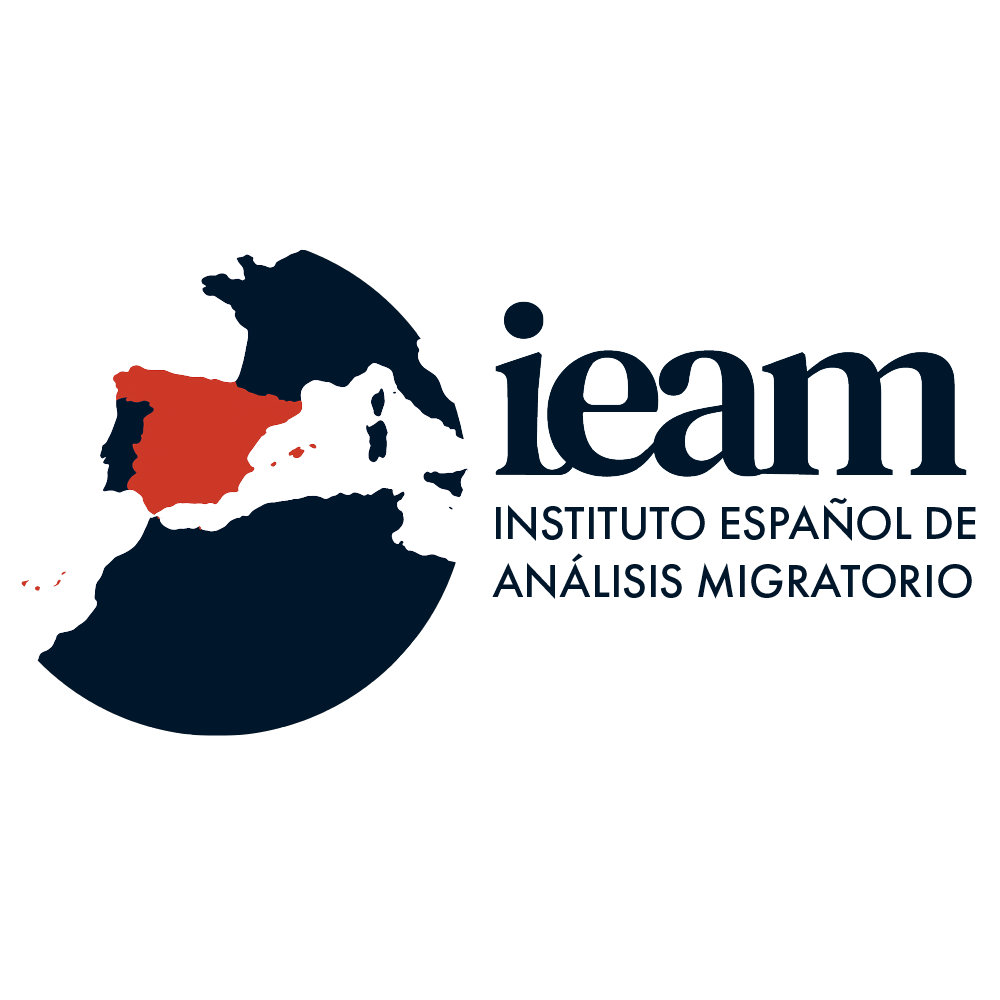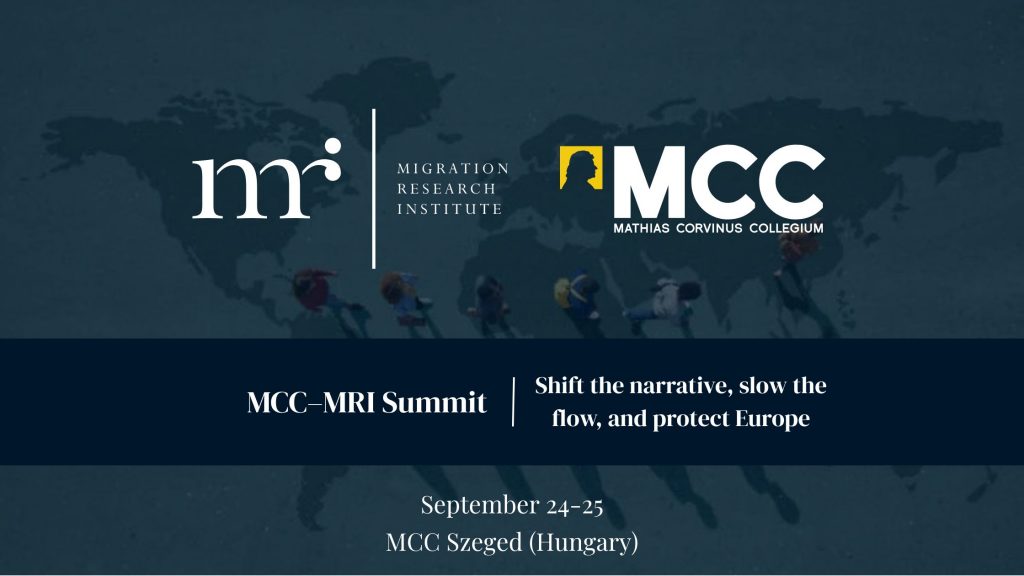Change the narrative, slow the flow, and protect Europe
Date: September 24–25, 2025
Location: MCC Szeged (Hungary)
In 2015, more than one million asylum seekers arrived in Europe from the Middle East and Africa. While some governments welcomed them, Hungary was the first EU member state to warn that large-scale irregular migration posed a risk to Europe’s sovereignty, stability, security, and social cohesion. The Hungarian government responded by closing its borders and adopting a robust legal framework to curb entry, allocating significant resources to dismantle the criminal networks facilitating it.
A decade later, this debate remains open. The measures taken by Hungary have been criticized by the European Commission, pro-migration governments, and NGOs, but they have also influenced European public opinion. The rise in terrorist attacks in Western Europe, the emergence of “no-go zones,” and the weakening of welfare states have reignited political debates in countries that previously supported mass migration.
The MCC–MRI Summit, to be held in Szeged—on Hungary’s southern border—will bring together policymakers, researchers, and international experts to analyze the lessons of the past decade, share best practices, and discuss how the European Union can strengthen its migration management policies.
Highlighted Program
September 24
09:00 – Opening
Balázs Orbán (Political Director, Prime Minister’s Office of Hungary)
Tamás Dezső (Director General, Migration Research Institute)
09:30 – The Migration Crisis and Hungary
Participants: Bálint Pásztor (VMSZ), Zsolt Barthel-Rúzsa (Hungarian Ministry of Defense), Mons. László Kiss-Rigó
11:15 – The Migration Crisis in Europe: Lessons and Best Practices of the Last Decade
With experts from Germany, Italy, Spain (Juan Soto Gómez, Fortius), and Austria
13:45 – Changing the European Migration Narrative
With representatives from Hungary, Spain (Rocío de Meer, Congress of Deputies), Portugal, and Belgium
15:00 – U.S. Perspective
Specialists from the Federation for Immigration Reform, The Heritage Foundation, Center for Immigration Studies, and the U.S. Department of State
16:45 – From Demographics to Terrorism: Migration Challenges
Experts from Germany, the United Kingdom, and France
September 25
09:30 – Crisis in the Horn of Africa and the Middle East: Source Scenarios
With former officials from the U.S., Somalia, and Egypt
10:45 – The Sahel and Migration to Europe
Featuring Beatriz de León Cobo, Director of IEAM, along with researchers from Hungary and Poland
13:00 – Visit to the Hungarian Police Operations Center and Border Fence
Participation of IEAM
The Spanish Institute for Migration Studies (IEAM) will be represented in the session dedicated to the Sahel, where its Director, Beatriz de León Cobo, will share Spanish and European experience in analyzing the root factors driving migratory movements.


